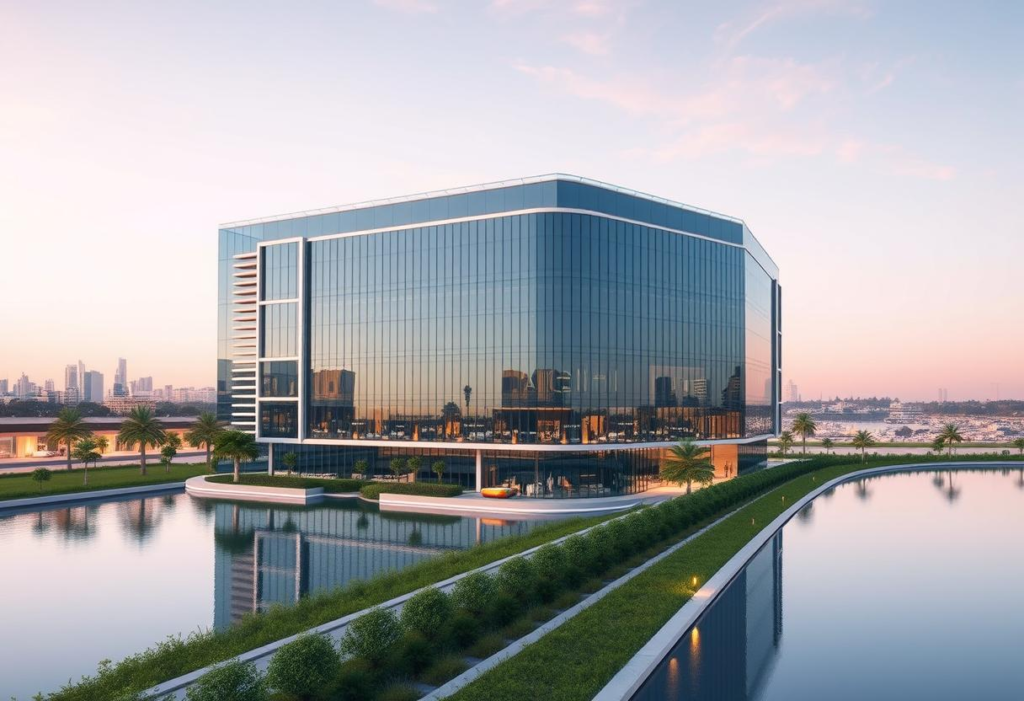The UAE government is stepping up efforts to tackle the notorious traffic between Dubai and Sharjah, with proposals that could reshape daily commuting.
Every day, over 1.2 million vehicles enter Dubai, causing acute traffic congestion that frustrates thousands of commuters. This number has sharply risen from 850,000 in just a year and a half, revealing a growing problem. The Ministry of Energy and Infrastructure is considering new measures aimed at reducing the number of private cars on the roads to alleviate this burden, though these measures are not yet official.
The remarkable growth in vehicle numbers, especially when considering the combined figures with Sharjah, Ajman, and Umm Al Quwain, has soared to 23 percent. This far exceeds the global average of 2 percent, leading commuters to lose about 460 hours yearly stuck in traffic. Such congestion is exacerbated by residents’ strong preference for personal vehicles over alternative transportation methods.
There are several reasons behind this vehicular deluge. A major factor is the rapid urbanization that brings about more residential and commercial developments, driving up car ownership. The reliance on private cars is further intensified by Sharjah’s lack of a large-scale public transport network comparable to Dubai’s Metro system. Moreover, key roads like Sheikh Zayed Road, Sheikh Mohammed bin Zayed Road, and Emirates Road are continuously overwhelmed, leading to long commutes, increased fuel use, and significant stress for commuters.
To tackle this, several potential solutions are under discussion. They include limiting the number of vehicles per household, possibly based on income or available parking space, and increasing registration fees for households with multiple cars. Another approach involves raising the standards for obtaining a driving license, which may become more stringent, affecting both residents and expatriates. Older cars might also face restrictions, gradually encouraging the shift towards electric or hybrid vehicles with fewer emissions.
Public transport expansions are deemed essential in addressing traffic woes. Plans are being talked about to extend the Dubai Metro lines to Sharjah, which would cut travel times significantly. Furthermore, introducing dedicated bus lanes could make public transport more attractive by ensuring faster commutes. Expanding intercity bus services and ride-sharing incentives like tax benefits or toll exemptions are also on the government’s radar.
While these changes could significantly reduce congestion, they may come at a cost. Increased expenses for car owners, incomplete public transport links in Sharjah, and unclear implementation timelines are some of the challenges these proposals face. However, the government stresses that these are plans in discussion and not yet concrete.
For commuters, adapting to these changes could involve exploring public transport alternatives, joining carpooling schemes, and staying informed on policy developments. Those with the flexibility might consider negotiating remote workdays or adjusting their schedules to off-peak hours. These strategies could help mitigate the potential disruptions caused by new traffic regulations.
All in all, the intended path towards reducing traffic gripes between Dubai and Sharjah involves a mix of tightening vehicle ownership rules and bolstering public transport networks. Although the final policies are yet to be decided, staying proactive and informed could ease the transition for those affected.
As the UAE deliberates on traffic solutions, residents should prepare for possible shifts that might redefine commuting between Dubai and Sharjah.
Source: Damacproperties

